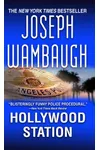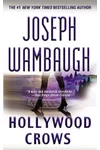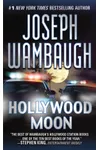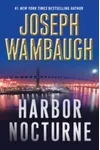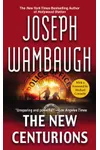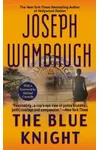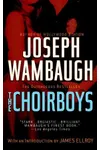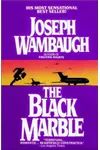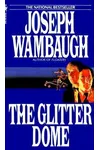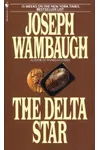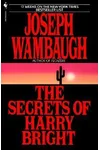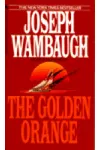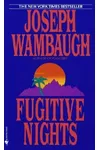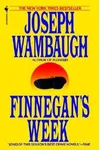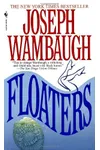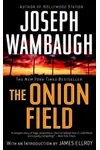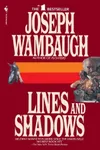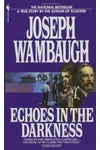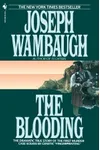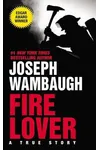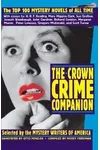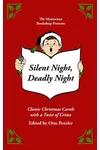Picture a hard-nosed LAPD detective who swapped his badge for a typewriter, crafting gritty crime tales that redefined a genre—meet Joseph Wambaugh! Born in 1937, this former Marine turned bestselling author brought raw, real-life policing to the page, blending humor, heart, and hard truths. His novels and non-fiction works, drawn from 14 years on the beat, captivated readers and reshaped how we see cops in pop culture.
From bestseller lists to Hollywood screens, Wambaugh’s storytelling prowess made him a legend in police fiction. Ready to dive into his world of flawed heroes and unflinching realism? Let’s explore the man behind the badge.
The Making of Joseph Wambaugh
Joseph Wambaugh was born on January 22, 1937, in East Pittsburgh, Pennsylvania, to a working-class family. After serving in the U.S. Marine Corps, he joined the Los Angeles Police Department in 1960, working the streets of LA during a turbulent era. His experiences as a detective sergeant, from gritty stakeouts to heartbreaking calls, fueled his desire to tell authentic police stories. By 1970, Wambaugh was moonlighting as a writer, publishing his debut novel, The New Centurions, which skyrocketed him to fame.
Unlike many authors, Wambaugh didn’t rely on imagination alone. His insider’s perspective gave his work unmatched credibility, blending dark humor with the moral dilemmas of law enforcement. His leap from cop to author wasn’t just a career shift—it was a revolution in crime literature.
Joseph Wambaugh’s Unforgettable Stories
Wambaugh’s bibliography is a treasure trove of gritty realism, with novels and non-fiction that peel back the badge to reveal the human beneath. His debut, The New Centurions (1971), follows rookie cops navigating the 1965 Watts riots, blending raw action with psychological depth. The Blue Knight (1972) paints a poignant portrait of a veteran officer facing retirement, its vivid prose capturing the toll of the job.
His non-fiction, like The Onion Field (1973), is equally gripping, recounting a real-life 1963 cop killing with haunting detail. The book’s blend of true crime and literary flair earned critical acclaim and inspired a film. Later works, such as The Choirboys (1975), lean into dark comedy, showcasing Wambaugh’s knack for balancing humor with heartbreak. His style—sharp dialogue, flawed characters, and unflinching realism—set a new standard for police fiction, influencing generations of writers.
Wambaugh’s stories don’t glorify cops; they humanize them. His themes of duty, disillusionment, and resilience resonate across his 20+ books, making each a masterclass in storytelling.
Why Joseph Wambaugh Matters
Wambaugh didn’t just write crime fiction—he redefined it. Before him, cop stories were often cartoonish, filled with invincible heroes. Wambaugh’s work brought nuance, showing officers as complex, imperfect people grappling with a brutal job. His books inspired TV shows like Hill Street Blues and films like The Onion Field, shaping modern police procedurals. Literary awards, including the Edgar Award, cemented his influence.
Decades later, Wambaugh’s legacy endures in every realistic cop drama and morally gray protagonist. His ability to blend entertainment with empathy made him a cultural touchstone, proving that truth can be more compelling than fiction.
About Joseph Wambaugh
- Born: January 22, 1937, in East Pittsburgh, Pennsylvania
- Key Works: The New Centurions, The Blue Knight, The Onion Field, The Choirboys
- Awards: Edgar Award, Mystery Writers of America Special Award
- Career: U.S. Marine, LAPD detective sergeant (1960–1974)
Ready to experience Wambaugh’s gritty genius? Grab The Onion Field or The New Centurions and dive into the raw, real world of police fiction!
